Last month, in a speech set to Wagner’s Lohengrin, Brazil’s then-culture minister Roberto Alvim plagiarized Joseph Goebbels while making a fascist decree on the future of Brazilian art. “The Brazilian art of the next decade will be heroic and will be national, will be endowed with great capacity for emotional involvement,” Alvim said. “Deeply linked to the urgent aspirations of our people, or else it will be nothing.” This was one of the most cartoonishly fascist displays in a long line of such incidents during a Jair Bolsanaro presidency defined by far-right religious shows of force meant to persecute the most marginalized communities in Brazil.
What does Sessa think of all this?
“We don’t need a fucking Nazi clown to say what Brazilian art should be. I hate this shit.”
Sessa’s music, conversely, centers on a return to love, care, and softness. This is immediately evident from the first notes of his debut solo record, GRANDEZA, one of last year’s finest albums and one of the few that gets better with each spin. It’s an intensely intimate and physical listening experience; from his fingers sliding along the nylon strings of his acoustic guitar, to the quasi-ASMR percussion, to the horns that conjure the most intense moments of a psychedelic trip, there are loads of moments that demand your attention. All these feelings are accentuated in his live show, which I was fortunate to see this past weekend at the Doug Fir Lounge, far and away the best venue in Portland.
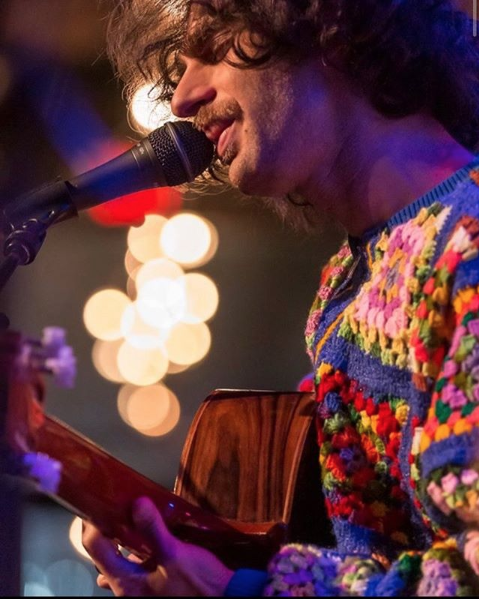
For a Sunday night and essentially no mainstream press coverage, Sessa drew a remarkably large crowd. Joined on stage by his band, three singers and one percussionist, Sessa weaved together his own songs with covers of classics from legends like João Gilberto and Helene Smith. The cuts from GRANDEZA sounded incredible, and while the horns were absent, Sessa and crew more than compensated with a sharper focus on the tracks’ percussive elements and the visual spectacle made for one of most entrancing shows I’ve seen in quite some time. Bathed in red light, Sessa played his guitar with such emotional force it seemed at times as if he would fall off his stool, and the backing choir seemed to be having more fun than anyone else in the room as they danced along to the bouncier selections in the track list like “Dez Total” and standout “Flor do Real.” The show’s most compelling moment came towards the end of “Infinitamente Nu” as Sessa lunged back and forth, his curly mop of hair flailing around, expertly picking at his guitar while the rest of the band played their hand percussion with such force it felt like a rainstorm the intensity of which even Portland has never seen. Sonic explosions like these were further underscored in contrast with the super minimal moments when Sessa sat alone while he covered classic Brazilian songs. This is another side to Sessa’s theme of return, looking back to guide the way forward.
“I wrote these songs in a period where I was traveling a lot as a musician for other people’s projects,” he told me. “Being a bit of a nomad, I started to return to this first thing in my musical life: Brazilian songs. And I started to shape something along those lines.”
These touchstones served as nice turning points during the live show. And while he covered these songs alone, the focus wasn’t so much on Sessa as it was the past. Paying tribute to the records that formed him into the artist he is today feels doubly important when playing to an American audience that is likely mostly unfamiliar with the foundation on which Sessa is building his own narrative. Sessa excites me not just because he is fresh and uplifting in a time of turmoil but because he is exposing people to a musical history that has gone largely untold in the Anglophone world. That most people haven’t heard Tim Maia, Jorge Ben, and Gilberto Gil is a travesty, but as Sessa continues to tour the States and exposes audiences to this hotbed of musical genius, that barrier will hopefully continue to deteriorate.
If you get the chance to catch Sessa in concert, go. You’ll be happy you did.


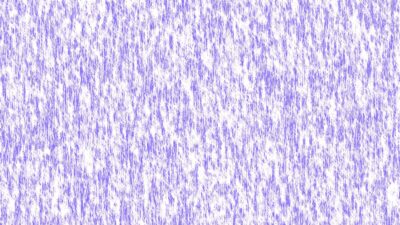
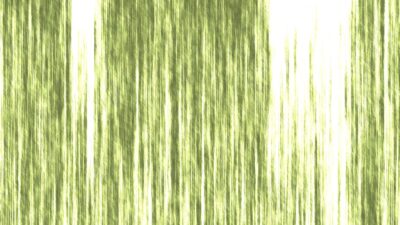
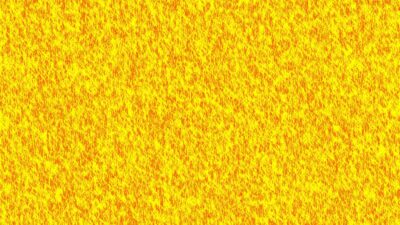



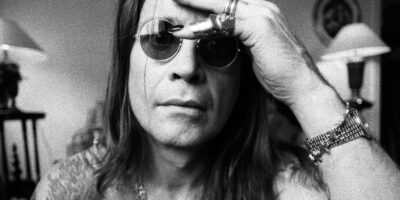







Comments